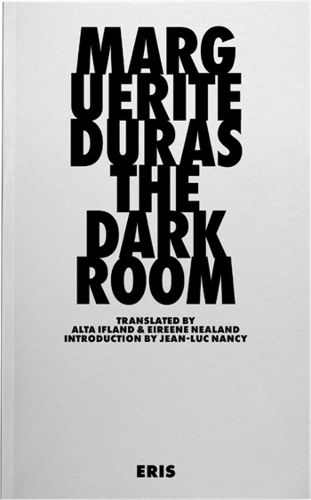Readings Newsletter
Become a Readings Member to make your shopping experience even easier.
Sign in or sign up for free!
You’re not far away from qualifying for FREE standard shipping within Australia
You’ve qualified for FREE standard shipping within Australia
The cart is loading…






"One must make films with this knowledge: there's no point anymore. Let film meet its end, that's the only cinema."
The Darkroom contains the script for Marguerite Duras's 1977 radically experimental film Le camion (The Truck). Between images of a truck in motion, juxtaposed voiceovers, and cutaways to Duras in conversation with Gerard Depardieu, Le camion turns the art of film into a means of enabling the viewer to engage multiple faculties-not only the visual and the aural, but also memory, imagination, and desire.
Also included here is a series of short essays in which Duras makes provocative connections between film and textuality, as well as a fascinating dialogue with Michelle Porte. Together amounting to a crucial contribution to the field of film theory, these texts make brilliantly apparent the depth and integrity of Duras's aesthetic, philosophical, and political thinking.
$9.00 standard shipping within Australia
FREE standard shipping within Australia for orders over $100.00
Express & International shipping calculated at checkout
"One must make films with this knowledge: there's no point anymore. Let film meet its end, that's the only cinema."
The Darkroom contains the script for Marguerite Duras's 1977 radically experimental film Le camion (The Truck). Between images of a truck in motion, juxtaposed voiceovers, and cutaways to Duras in conversation with Gerard Depardieu, Le camion turns the art of film into a means of enabling the viewer to engage multiple faculties-not only the visual and the aural, but also memory, imagination, and desire.
Also included here is a series of short essays in which Duras makes provocative connections between film and textuality, as well as a fascinating dialogue with Michelle Porte. Together amounting to a crucial contribution to the field of film theory, these texts make brilliantly apparent the depth and integrity of Duras's aesthetic, philosophical, and political thinking.